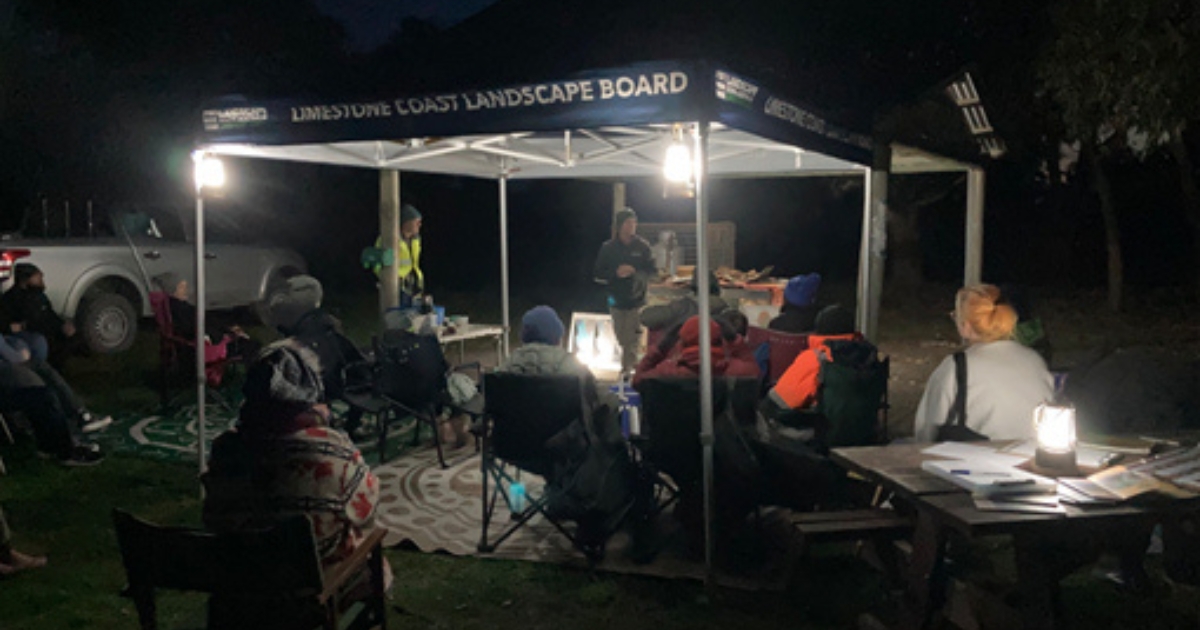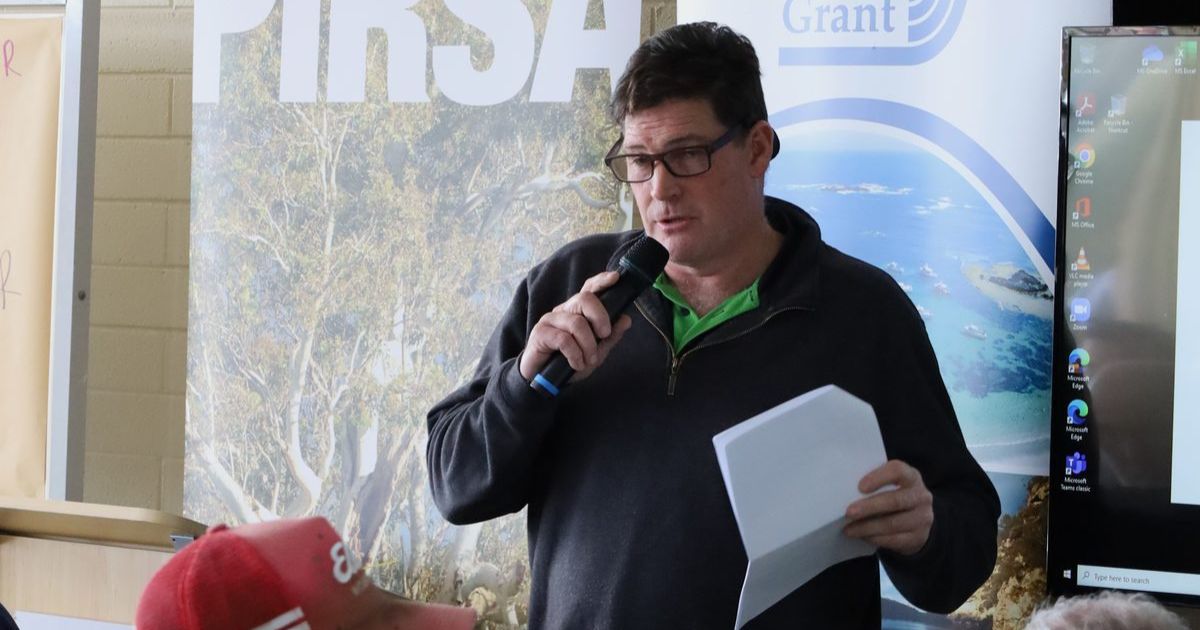Community helps ac.care help others
Empowering vulnerable country people to build strong connections and achieve independence remained a focus for ac.care throughout the 2023/24 financial year.
The country agency was faced with significant demand across key services, including homelessness and emergency relief, financial counselling, as well as a growing need for more foster carers.
A wave of invaluable community support and the high standard of ac.care’s services have been highlighted in the agency’s 2023/24 annual report, which was released to coincide with its recent annual general meeting.
Working to support people across the Limestone Coast, Riverland, Murraylands, Adelaide Hills and Fleurieu Peninsula, data collected by the organisation highlighted the ongoing impacts of the cost of living, an acute shortage of affordable housing, as well as many other factors impacting people and families across regional South Australia.
Almost 2000 people in crisis received financial help or food assistance through ac.care’s emergency relief service, with 1348 accessing the organisation’s homelessness services.
ac.care was able to support 402 people to manage a difficult financial situation through financial counselling, while 435 people avoided homelessness with early intervention support.
ac.care chief executive officer Shane Maddocks said the organisation continued to adopt a strengths-based approach to service delivery, including across family and relationship support, Aboriginal services and management of nine residential care homes for children under the Guardianship of the Chief Executive of the Department for Child Protection for whom foster or kinship care was not currently an option.
“We strive to work in partnership with the people we are supporting, valuing their experience and identity as we shape more positive futures together,” Mr Maddocks said.
“The cost of living pressures, reduced housing options and increasing levels of family, domestic and sexual violence are impacting people in our country communities in different ways, all increasing demand for our services.
“While we are committed to delivering the best quality of services we can for the people we support, we are still listening and learning from service users and our communities to make improvements and find new solutions to the challenges they may face.”
Mr Maddocks said the trust and support of the communities ac.care works within had increased the agency’s impact on vulnerable people, with events such as the Support Homeless People Luncheon in the Limestone Coast and the We Care Cally Camp Out together raising close to $230,000 to support people in need.
“These funds enable us to go beyond what ac.care is funded to provide and find effective ways to support people in hardship,” he said.
“We also know many people in our communities continue to struggle with mental health issues, substance misuse and loneliness, and in the past year we have received increased funding to expand our community-based programs.”
Another significant contribution of ac.care across the 2023/24 was the support of 168 foster carer families who provided stability and security for 302 children and young people, while a 24/7 roster of dedicated ac.care staff cared for 49 children and young people living in the residential care homes.
The agency also received significant recognition from the sector at the 2023 Anglicare Australia National Awards, jointly winning the inaugural reconciliation award for two separate initiatives.
Riverland women Tyra Motto and Tenesha Pickering were recognised for their work creating resource packs for Aboriginal and Torres Strait Islander children in care, while a project involving Aboriginal artists and cultural educators working with young people in residential care homes across the Riverland, Limestone Coast and Murraylands was also recognised.
“We are proud of our people and the work that has gone in to creating these meaningful cultural resources and experiences for children and young people in care,” Mr Maddocks said.
“These actions form part of our commitment to walking together with Aboriginal people to close the significant gap that exists between Aboriginal and non-Aboriginal people on many aspects of life.”
Reflecting on the 2023/24 period, ac.care board convenor Rick Fisher said the agency had reformed its organisational business structure to reflect the size and maturity of ac.care’s operations.
This includes reforms to financial, payroll and data management to improve operational efficiency, as well as securing of a new head office in Mount Gambier’s central business district, co-located with the Mount Gambier Family Relationship Centre, to provide a well-resourced and professional workspace to support ac.care’s evolution.
“While these changes are important to ensure ac.care can provide support and opportunities for country people for many years to come, we also continue to invest time and energy into early intervention and forming networks and relationships with our local communities to increase our impact,” Mr Fisher said.
“I encourage all who support ac.care to seek creative ways to work and partner with us to bring the people of our communities together to share our skills and resources and to enable all, especially our children, to thrive and reach their potential.”
ac.care’s 2023/24 annual report is available at www.accare.org.au
Do you need support, want to contribute to ac.care or would like to know more about becoming a foster carer? Call 1300 ACCARE (1300 222 273) or visit accare.org.au
Become a regular donor to ac.care by visiting www.accare.org.au/donate
Key statistics for 2023/24 period
• 302 children found homes with local foster carers
• 168 families opened their homes and hearts as foster carers with ac.care
• 49 children and young people were cared for in our residential care homes
• 162 people were supported to strengthen their family relationships through groups and programs
• 402 people managed a difficult financial situation by seeking financial counselling
• 240 people were able to get through a crisis with access to emergency or short term accommodation
• 435 people avoided homelessness with early intervention support
• 1994 people were supported in a crisis with financial help and food assistance through emergency relief services
• 312 people moved from homelessness to stable accommodation
• 231 people were employed by ac.care



















